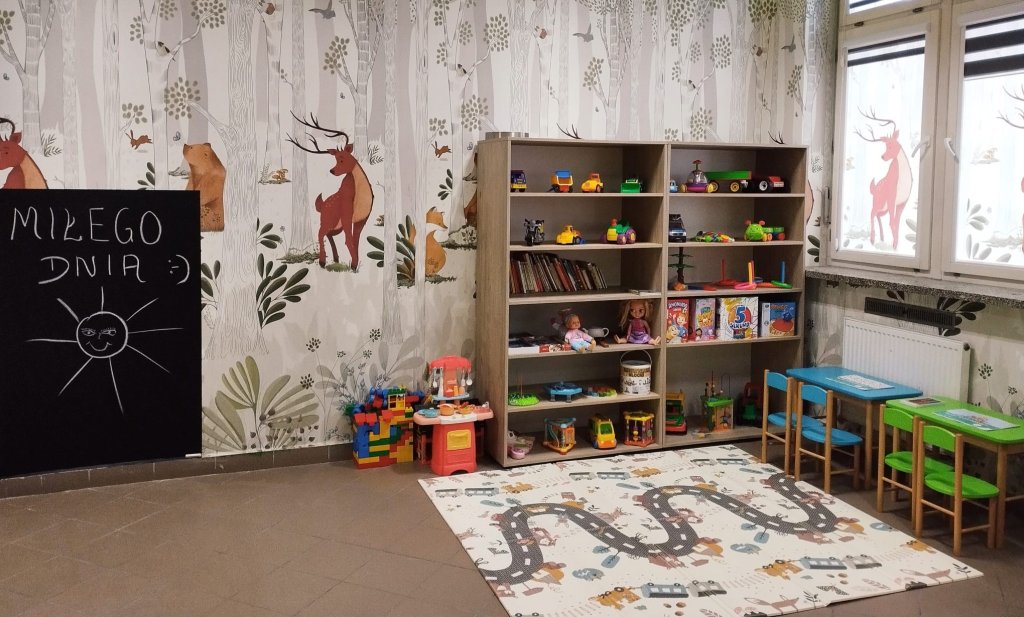The stock prices of the Chinese technology conglomerate Tencent Holdings and battery maker Contemporary Amperex Technology (CATL) fell sharply on Tuesday, after both companies were added to the Pentagon's list of companies with alleged ties to the Chinese military.
Tencent's stock listed on the Hong Kong stock exchange has lost 7.28% of its value, while its quoted shares in Shenzhen have ended the day with a decrease of 2.84% after a drop of over 5% at the opening.
These companies were among those identified by the U.S. Department of defence on Monday January 6 as “Chinese military companies operating in the United StatesIt’s okay. ” Thus, they were added to ‘list of sections 1260H” according to the National Defence Authorisation Act 2021.
Although the presence on the list does not mean that cooperation with these companies is prohibited for American companies, it may affect the image of both Chinese companies and their American customers.
‘Given Tencent's business model – which focuses mainly on social networks and online games – we believe that the company has a good chance of being excluded through US courts, as did Xiaomi successfully removed from the list in 2021, just 4 months after its inclusion” says Ivan Su, elder Capital Analyst at Morningstar. Tencent’s vulnerability to the United States is within the ‘high single-digit percent range, mainly due to game revenue’.

The Hong Kong stock exchange company Xiaomi was added to the list in January 2021, prompting her to sue the US government. Xiaomi was removed from the list as a consequence of a lawsuit.
The inclusion of fresh Chinese companies in the Pentagon list is the consequence of an extension of the definition of companies “threatful to US national security”. According to this extension, “dangerous can be” companies associated or acting on behalf of the Chinese armed and paramilitary forces, safety forces, police, law enforcement, border control and the Supervisory and Administration Committee of State Acts.
As you can see, the outgoing U.S. administration wants to usage its power in the last days of its term.

There are now more than 130 companies on the American “black list”, including, for example, the DJI drone manufacturer. The developer of Megvia's image designation technology, China Railway Construction corp (CRCC), as well as 4 another Chinese companies, were among companies that according to the US no longer meet the criteria set out in the Act and will be removed from this list (the letter itself is around 9).
Hesai Technology, which develops Lidar systems utilized in autonomous cars, was late placed back on the list after it was removed briefly. In late October, Hesai announced that it plans to proceed its legal action against the US government. The company's CEO, David Li, said in an interview with Nikkei Asia that putting his company on the list was “unreasonable”.
An interesting case is the CATL companies. It is the world's largest battery maker for electrical cars, Tesla's strategical partner Elona Muska.

Batteries are the most serious cost associated with the production of electrical cars. Since CATL is able to offer the best prices and the highest quality, this company was a natural choice for Tesla, especially in a situation of expanding engagement of the American company in the Chinese market. Both in terms of car sales and their production. Tesla cars are produced in Shanghai in 98% of parts, components and materials of Chinese suppliers.
Back to the battery. The largest component in terms of volume is graphite. It is simply a common and widely distributed mineral from a cluster of native elements, which can be produced synthetically or processed from naturally occurring sources. China is the largest maker of both types of graphite. At the same time, they are liable for about 95% of global graphite processing for the battery industry.
On Wednesday, December 18, 2024, North American graphite miners asked the U.S. government to impose a work of up to 920% on Chinese graphite suppliers to counter Beijing's "malignant commercial practices".
The American Active Anode Material Producers, a group of American and Canadian graphite producers, requested the US Department of Commerce and the U.S. global Trade Commission (ITC) to “examine whether China exports natural and synthetic graphite ... at unfair prices to the United States” and impose “the appropriate rate of duty”.
Perhaps China will solve the problem of North American producers. Since 1 December 2024, Beijing has announced a tightening of graphite export control, especially to companies that may cooperate or be associated with weapon manufacturers. At the beginning of this year, China introduced additional regulations on the export of goods “double-use”, namely those utilized in civilian and military production.
Source: Nikkei Asia
Leszek B. Glass
Email: [email protected]
© www.chiny24.com















